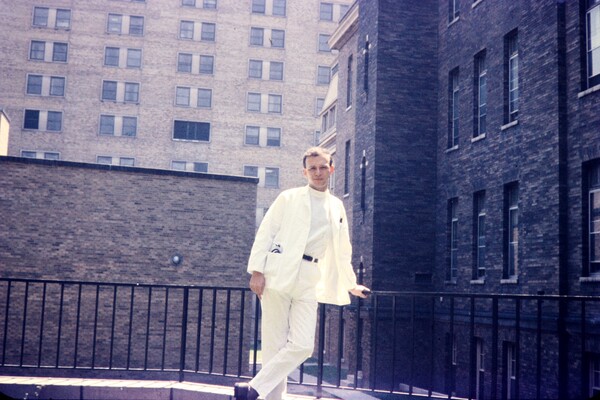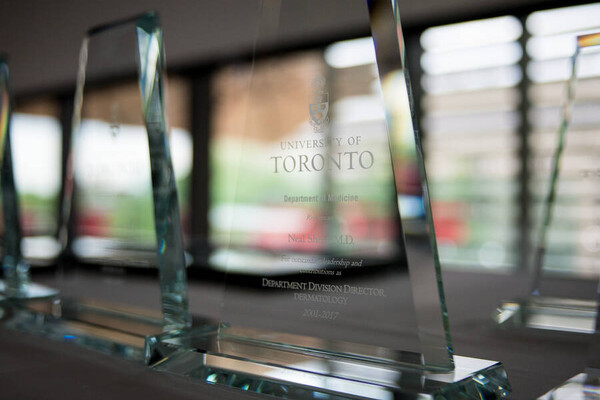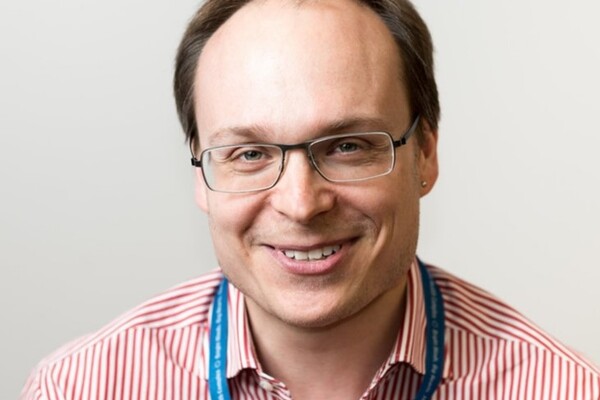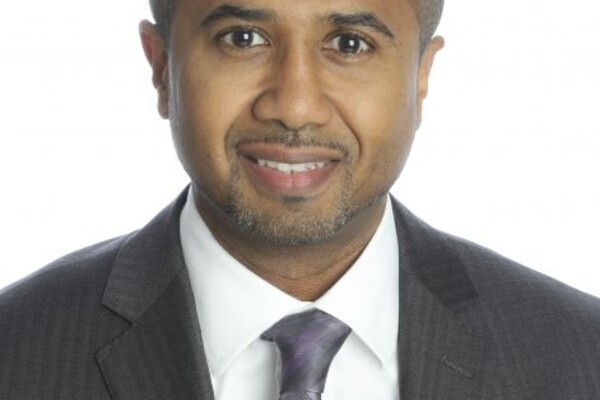Main Second Level Navigation
- Welcome
- Why Toronto?
- History of the Department
- Vision & Strategic Priorities
- Our Leadership
- Our Support Staff
- Location & Contact
- Departmental Committees
- Department of Medicine Prizes & Awards
- Department of Medicine Resident Awards
- Department of Medicine: Self-Study Report (2013 - 2018)
- Department of Medicine: Self-Study Report (2018 - 2023)
- Communication Resources
- News
- Events
Remembering Dr. Martin Blackstein

It is with great sadness that we share the news of Dr. Martin Blackstein’s passing on Wednesday, October 12, 2022.
Dr. Blackstein pursued his academic studies at the University of Toronto, where he received his MD in 1965 and his PhD in 1970. He was an Associate Professor in the Department of Medicine and the Department of Anatomy at the University of Toronto. He also held an appointment at the Institute of Medical Sciences. In addition, he held membership positions on the Resident Selection Committees for Medical Oncology and Internal Medicine and Graduate School. He was also a member of the Faculty Council at the University of Toronto, Faculty of Medicine.
Dr. Blackstein joined Mount Sinai in 1973, started the medical oncology program there, and was the sole oncologist for over a decade. He remained at Mount Sinai for his entire career until he retired 42 years later.
In the early days, every oncologist treated all disease sites, although Martin’s primary interests were always sarcoma and breast cancer. He was a prolific sarcoma medical oncologist and well known for his role in the development of imatinib for gastrointestinal stromal tumours (GIST). He made significant contributions to the pivotal imatinib trials in both metastatic and adjuvant settings. Due to the paradigm shift in GIST treatments brought about by novel agents, many of the patients he treated from 15 to 20 years ago are still alive today.
Martin was unafraid to push the limits of treatment for sarcoma patients. He practiced evidence-based medicine but recognized its limits given the rarity of sarcoma. In the absence of data, he was innovative in making treatments work for patients. Many of his methods are still used today, such as the modified Ewing sarcoma treatment plan and gemcitabine dosing and schedule in soft tissue sarcoma.
Martin’s work in breast cancer was also noteworthy. He was involved in numerous research grants, including the molecular genetic alterations in breast cancer and the prognostic value of Neu oncogene amplification and EGFR over expression in node negative breast cancer, which was ground-breaking work.
He supported surgical oncology, realizing the important relationship between medical and surgical oncology and the ability to improve patient care as a result of collaboration between specialties.
Martin focused on forging individual relationships. He will be remembered as the consummate clinician who knew everything about his patients. Looking after young teenagers with sarcoma is not an easy task, but Martin did this with compassion and understanding. He was always in pursuit of improving care for our patients, as demonstrated by the well-known “Blackstein’s mouthwash”.
His many leadership roles over the years included acting as a special consultant for the Ontario Ministry of Health, a member of the Canadian Cancer Society Board of Directors, Section Head (Oncology) for the OMA, and a grant panel member for the National Cancer Institute of Canada (NCIC). He had over 60 publications, 20 peer-reviewed grants, and was very active in over 38 clinical trials, of which many he held the role of Principal Investigator. During the course of his career, his distinctions include NCIC Fellow and the recipient of the Starr Medal from the Faculty of Medicine, University of Toronto. In addition, he was the recipient of research awards from the Medical Research Council and the NCIC.
Dr. Blackstein was a dynamic force and a trailblazing medical oncologist spanning clinical care, research, education, and mentorship. His incredible legacy continues at Sinai oncology today and echoes worldwide through the multiple generations of trainees and leading oncologists he helped guide and mentor. His sense of humour and the “Martinisms” that he left us with will never be forgotten.
A funeral was held on October 16, 2022. The condolence page can be accessed online via Benjamin Park Memorial Chapel. At the family’s request, donations may be made to the Heart and Stroke Foundation and the Canadian Cancer Society.



